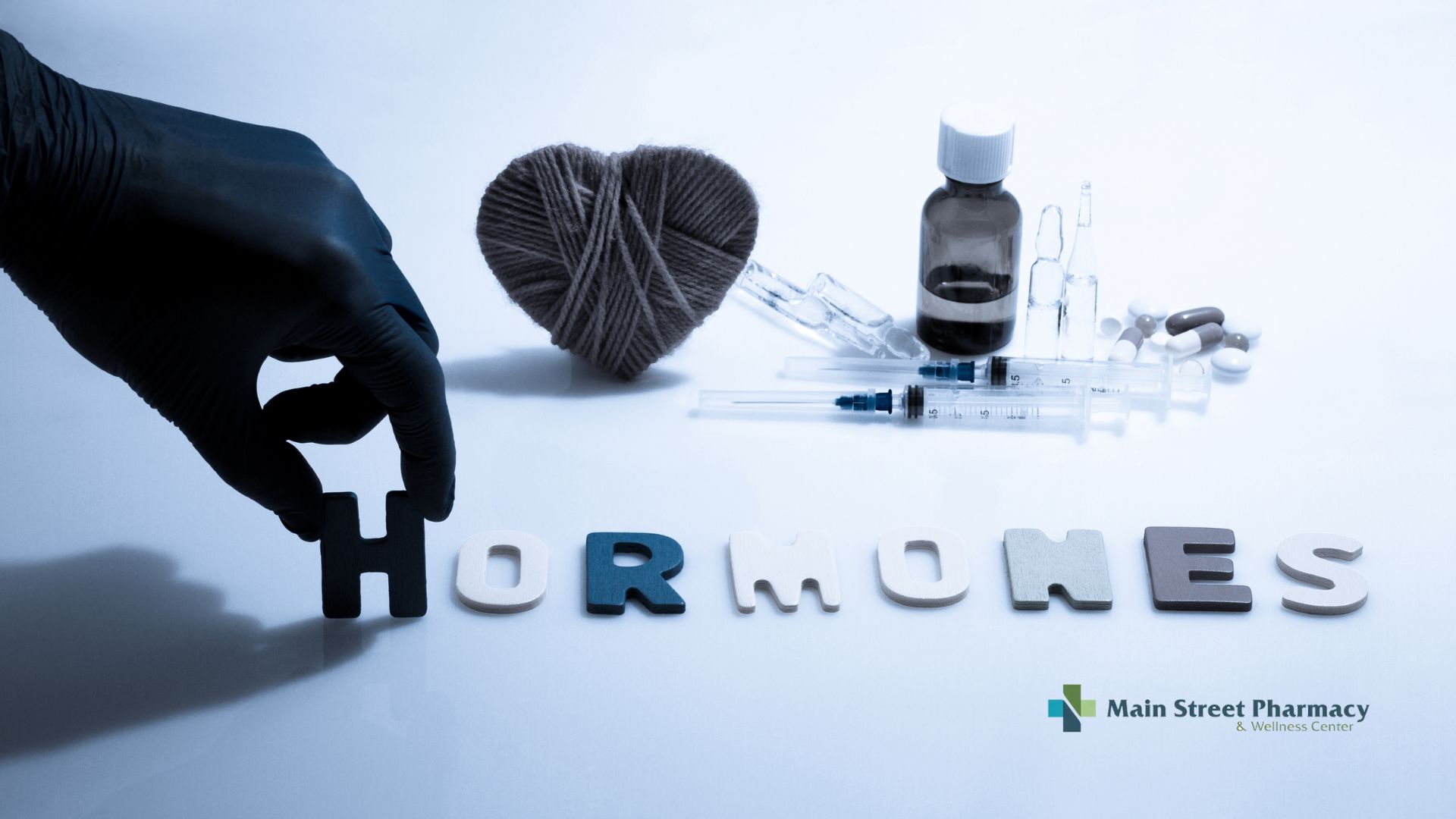Hormones are vital chemical messengers that regulate a multitude of physiological processes in the body. For men, hormones play critical roles in growth, metabolism, mood regulation, and reproductive health. Understanding these hormones and their impacts can provide valuable insights into male health and well-being.
Key Hormones in Men
Testosterone: The primary male sex hormone, testosterone, is produced mainly in the testes. It is responsible for the development of male secondary sexual characteristics such as facial hair, deepening of the voice, and muscle mass. Testosterone also plays a crucial role in sperm production, libido, and overall energy levels. Beyond reproductive health, it influences bone density, fat distribution, and mood.
Androgens: While testosterone is the most well-known androgen, other androgens also play essential roles in male health. Dihydrotestosterone (DHT), for example, is derived from testosterone and is critical for the development of male characteristics during puberty. However, high levels of DHT can contribute to conditions like male pattern baldness and prostate enlargement.
Follicle-Stimulating Hormone (FSH) and Luteinizing Hormone (LH): These hormones are produced by the pituitary gland and are pivotal in regulating the reproductive system. FSH stimulates sperm production in the testes, while LH triggers the production of testosterone. Together, they ensure the proper functioning of the male reproductive system.
Human Growth Hormone (HGH): Produced by the pituitary gland, HGH is crucial for growth and development during childhood and adolescence. In adulthood, it continues to play a role in maintaining muscle mass, bone density, and overall metabolic health.
Cortisol: Known as the stress hormone, cortisol is produced by the adrenal glands. It helps the body respond to stress, regulates metabolism, and influences immune function. Chronic stress and elevated cortisol levels can lead to health issues such as weight gain, high blood pressure, and a weakened immune system.
Hormonal Changes and Life Stages
Puberty: The onset of puberty in boys is marked by a surge in testosterone and other hormones. This period is characterized by rapid physical changes, including growth spurts, deepening of the voice, and the development of facial and body hair. The increase in testosterone also drives the development of the reproductive organs and the onset of sexual maturity.
Adulthood: In adulthood, hormone levels generally stabilize, maintaining various bodily functions. Testosterone plays a crucial role in maintaining muscle mass, bone density, and libido. Balanced hormone levels contribute to overall physical and mental health.
Aging: As men age, testosterone levels naturally decline, starting as early as the late 20s. By the time men reach their 50s and 60s, this decline can become more pronounced, leading to symptoms such as reduced muscle mass, increased body fat, decreased libido, and fatigue. This period, sometimes referred to as andropause, can also be associated with mood swings and cognitive changes.
Hormonal Imbalances and Health
Hormonal imbalances in men can lead to various health issues. Low testosterone, or hypogonadism, can result in symptoms such as fatigue, depression, reduced libido, and difficulty concentrating. It can also increase the risk of osteoporosis and cardiovascular disease. Conversely, excess testosterone, often due to anabolic steroid use, can lead to aggressive behavior, liver disease, and an increased risk of cardiovascular problems.
Thyroid disorders, such as hypothyroidism (underactive thyroid) and hyperthyroidism (overactive thyroid), can also affect men. These conditions impact metabolism, energy levels, and overall well-being.
Managing Hormonal Health
Maintaining hormonal balance is crucial for men’s health. Here are some strategies to support hormonal health:
- Healthy Diet: A balanced diet rich in fruits, vegetables, lean proteins, and healthy fats can support hormone production and overall health.
- Regular Exercise: Physical activity helps maintain healthy hormone levels, particularly testosterone and HGH.
- Adequate Sleep: Quality sleep is essential for hormone regulation, as many hormones are produced and released during sleep.
- Stress Management: Techniques such as meditation, yoga, and deep breathing can help manage stress and reduce cortisol levels.
- Medical Intervention: If hormonal imbalances are suspected, consulting with a healthcare provider is crucial. Treatments such as hormone replacement therapy (HRT) or medications may be necessary.
In conclusion, hormones play a vital role in regulating numerous bodily functions in men. Understanding these hormones and their impacts can help men manage their health better and seek appropriate care when needed. By maintaining a healthy lifestyle and addressing any hormonal issues, men can enhance their overall well-being and quality of life.






